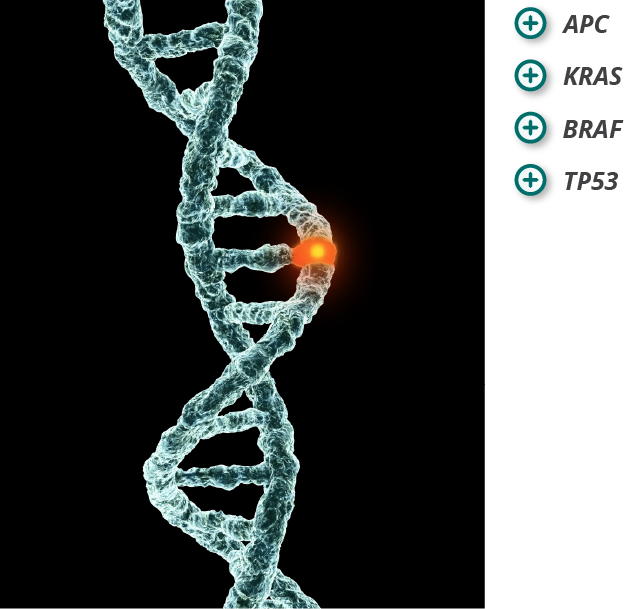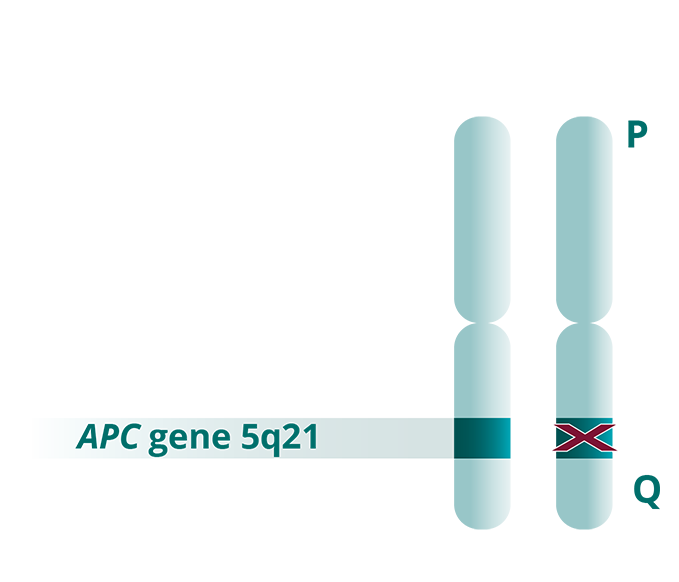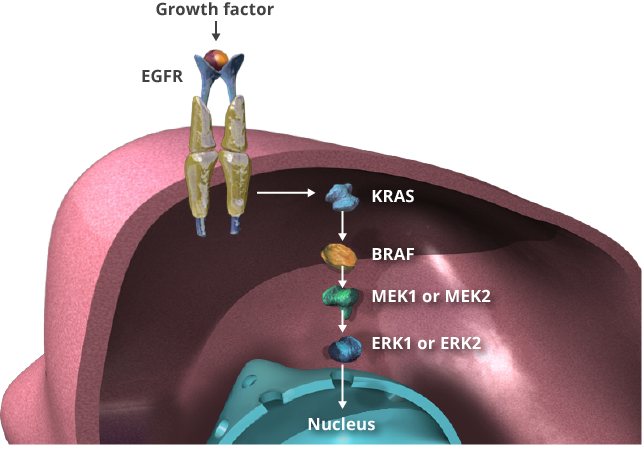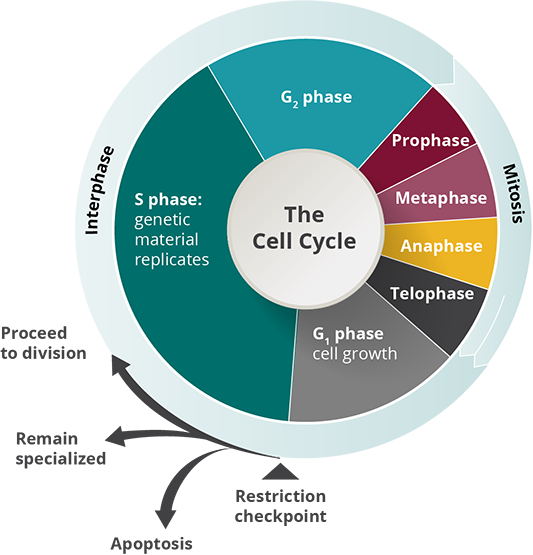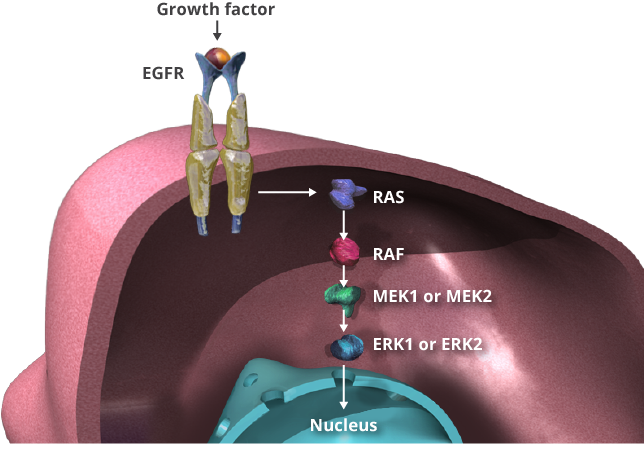
KRAS is a member of the MAP kinase (MAPK) pathway. The RAS/RAF/MAPK pathway regulates cell proliferation, differentiation, senescence, and apoptosis. RAS oncogenes include HRAS, NRAS, and KRAS, with KRAS being the most commonly mutated. Approximately 40% of sporadic colorectal cancer cases are associated with a KRAS mutation. The MAPK pathway plays a major role in conducting cell proliferation signals from the cell surface to the nucleus. This pathway uses a series of intermediate proteins including RAS, RAF, and MEK. The binding of growth factors to epidermal growth factor receptors, or EGFRs, results in activation of the receptor and the MAPK pathway. KRAS mutations lead to changes in the KRAS protein that make it constitutively, or constantly active. This promotes cell proliferation and survival independent of the EGFR receptor. For this reason, therapeutic EGFR inhibition is ineffective, since KRAS is located downstream from EGFR.

